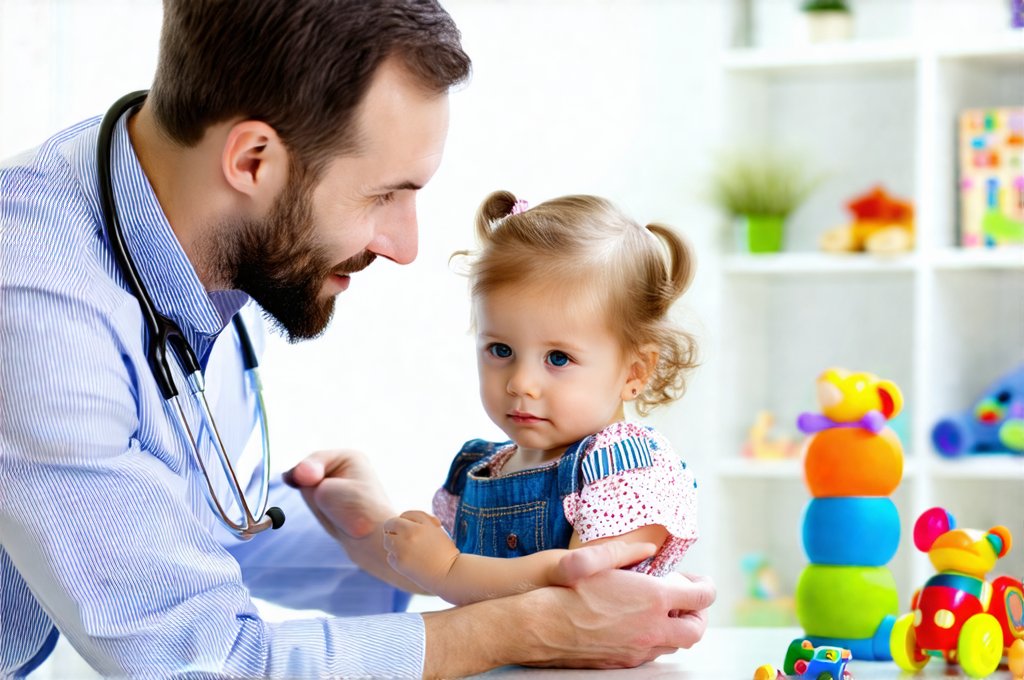It’s a familiar scene for many parents: your child announces they need to pee, you rush them to the bathroom, celebrate a successful trip, and then…five minutes later… “I need to go again!” This cycle can be incredibly frustrating, leading to delays, anxiety, and even power struggles. It’s easy to question whether it’s simply attention-seeking behavior, laziness, or something more complex happening with your child. The truth is, the reasons behind frequent urination complaints are often multifaceted and rarely malicious. Understanding the potential causes, both physical and behavioral, can empower you to respond appropriately and help your child – and yourself – navigate this common childhood challenge.
This isn’t necessarily a sign of a medical problem in most cases, but it is a signal that something is going on for your child. It’s crucial to approach the situation with empathy and observation rather than immediate frustration or punishment. Dismissing their concerns can inadvertently worsen the issue, leading to increased anxiety around toileting. This article aims to explore the common reasons why children complain about needing to pee again shortly after going, offering insights into how parents can best support their child through this phase, and when seeking professional guidance might be necessary. Remember that every child is different, and what works for one may not work for another; a tailored approach is always best.
Common Causes & Underlying Factors
Frequent complaints of needing to pee again often stem from a combination of physiological factors, emotional responses, and learned behaviors. It’s rarely just one thing. A small bladder capacity, especially in younger children still developing control, can contribute significantly. They may genuinely not be able to hold much urine before feeling the urge to go. Additionally, fluid intake plays a massive role; consuming large amounts of liquids quickly, particularly sugary drinks or diuretics like caffeine (found even in some sodas marketed toward children), will naturally increase urination frequency. Sometimes this leads to needing to pee again after drinking water.
Beyond physical factors, anxiety can be a major driver. This isn’t necessarily about being anxious about peeing, but rather general anxieties that manifest as physical sensations. For example, a child nervous about school or a social event might experience increased urinary urgency as a physiological response to stress. The act of going to the bathroom can sometimes become associated with reassurance or attention from caregivers, unintentionally reinforcing the behavior. This isn’t necessarily manipulative; it’s often an unconscious coping mechanism.
It’s also important to consider developmental stages. Toilet training itself can be a stressful experience for some children, and the transition period is often marked by accidents and regressions. Even after seemingly successful toilet training, children may periodically struggle with control as they navigate new experiences or challenges. It’s vital to remember that achieving full bladder control is a gradual process, not an instant event.
Addressing Behavioral Patterns
When frequent urination complaints seem linked to behavioral patterns, it’s important to avoid punitive reactions. Scolding or shaming a child will likely exacerbate the problem and create further anxiety around toileting. Instead, focus on positive reinforcement and understanding. Reward charts can be helpful for acknowledging successful trips to the bathroom without complaint, but avoid rewarding the act of complaining itself. The goal is to encourage independent toileting behavior, not to punish them for needing to go.
- Establish a consistent routine: Predictability can reduce anxiety and provide a sense of security around toileting.
- Encourage timed voiding: Regularly scheduled trips to the bathroom (e.g., every 2-3 hours) can help train the bladder and prevent overwhelming urges. Don’t force them, but gently encourage it.
- Limit fluids before bedtime: This reduces nighttime accidents and minimizes urgency during sleep.
- Observe for patterns: Is there a specific time of day or situation when complaints are more frequent? Identifying these triggers can help you address the underlying cause.
A crucial element is to remain calm and avoid making toileting into a big deal. The more attention focused on it, the more likely it is to become a point of contention. Respond calmly and matter-of-factly, reminding your child that they just went and encouraging them to try to hold it a little longer if appropriate, but always respecting their needs. It can sometimes feel like you need to pee again after simple activity.
Ruling Out Medical Concerns
While most frequent urination complaints aren’t caused by medical issues, it’s essential to be aware of potential underlying health concerns. Urinary tract infections (UTIs) are a common cause of increased urinary frequency and urgency, often accompanied by pain or burning during urination. Constipation can also put pressure on the bladder, leading to more frequent urges to pee. Less commonly, conditions like diabetes insipidus or overactive bladder syndrome may be responsible.
- Watch for accompanying symptoms: Painful urination, fever, blood in urine, back pain, or changes in bowel habits should prompt a visit to the doctor.
- Consider family history: If there’s a family history of kidney problems or urinary issues, it’s wise to discuss this with your pediatrician.
- Trust your instincts: If you are concerned about your child’s health, don’t hesitate to seek medical attention.
A simple urine test can quickly rule out a UTI. Your doctor may also ask questions about fluid intake, bowel movements, and any other relevant symptoms to help determine if further investigation is needed. Never attempt to self-diagnose or treat your child’s urinary issues without professional guidance. It’s important to note that sometimes the urge can come on after cold air exposure.
The Role of Communication & Empathy
Open communication with your child is paramount. Ask them what they’re experiencing – not in an accusatory way, but genuinely trying to understand their perspective. Are they feeling anxious about something? Do they feel pressure to perform well at school or sports? Sometimes, simply acknowledging their feelings can alleviate the problem. Let them know that it’s okay to need to go and that you are there to support them, not judge them.
- Use age-appropriate language: Explain bladder control in a way your child can understand.
- Validate their feelings: Even if you suspect the complaints aren’t entirely physical, acknowledge that they feel real to your child. “I understand you’re feeling like you need to go right now.”
- Avoid power struggles: Engaging in arguments or forcing them to hold it will only escalate the situation.
- Focus on solutions together: Brainstorm ways to manage their urges and make toileting less stressful.
Ultimately, navigating a child who frequently complains about needing to pee again requires patience, empathy, and a willingness to investigate both physical and emotional factors. By approaching the situation with understanding and offering support, you can help your child develop healthy bladder control habits and reduce anxiety around toileting. Remember that seeking professional guidance from your pediatrician is always a good idea if you have concerns or if the problem persists despite your best efforts.





















